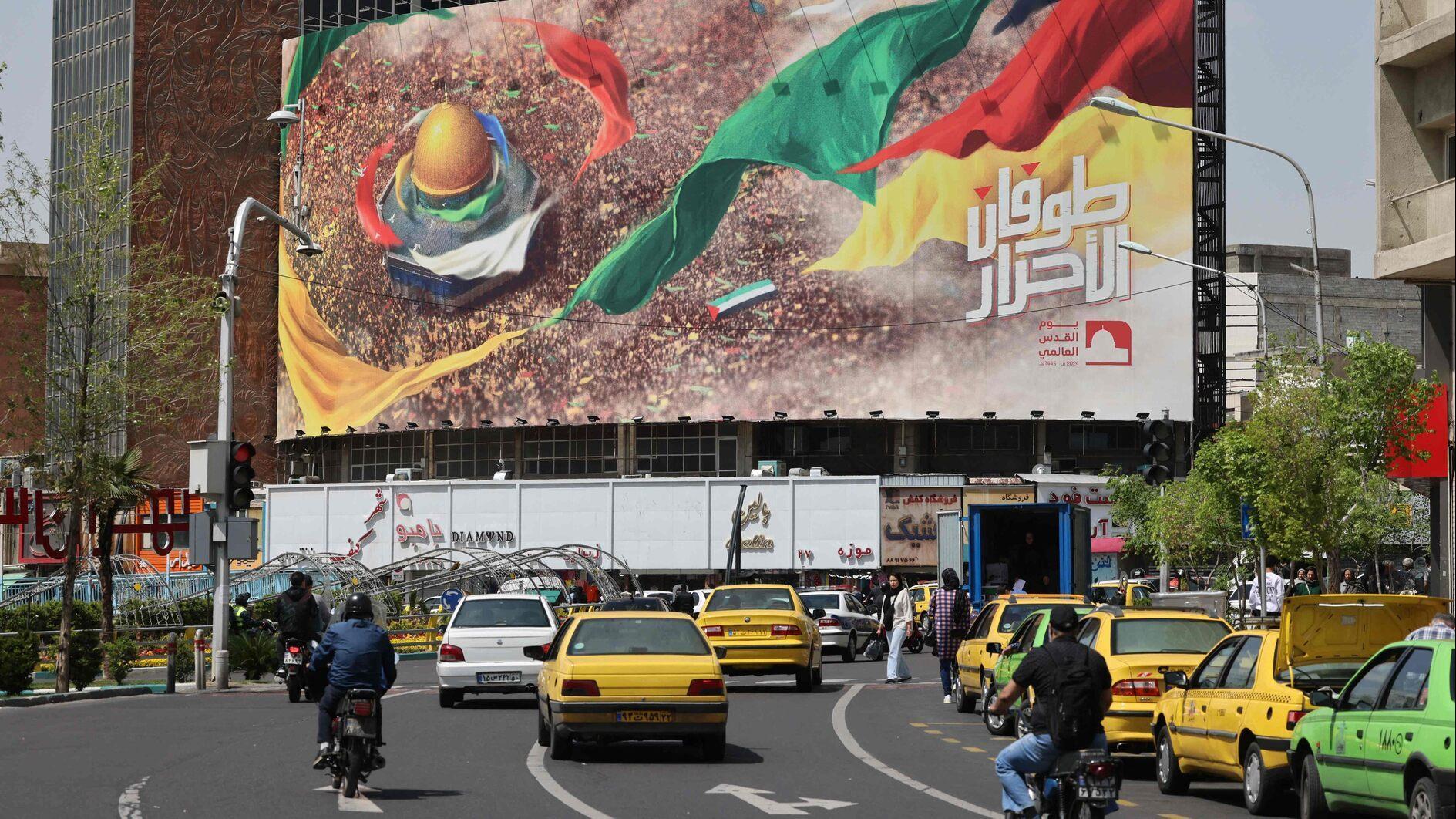
The killing in Tehran of Hamas political leader Ismail Haniyeh, which the Palestinian militant group has blamed on Israel, has exposed the depth of Israeli penetration inside the Islamic republic, analysts say.
Doha-based Haniyeh, who the day earlier had attended the inauguration of new Iranian President Masoud Pezeshkian, was killed in the early hours of Wednesday morning at a residence in northern Tehran, according to Iran's Revolutionary Guards.
Israel, which usually neither confirms nor denies secret operations abroad, declined to comment.
Details on how Haniyeh was killed remain sketchy, with Iran's Fars News Agency saying he was "martyred by a projectile from the air", raising speculation of a possible strike by a missile or a drone.
Analysts see the strike as a major intelligence failure by the Iranian services and a deeply disturbing development for the Iranian leadership, especially at a time when security would have been heightened due to the influx of guests for the inauguration.
Hours before he was killed, Haniyeh had held a face-to-face meeting with Iran's supreme leader Ayatollah Ali Khamenei.
"That the Iranians were not able to stop this assassination is very embarrassing for Iran," said Agnes Levallois, deputy president of the Paris-based Institute of Research and Studies for the Mediterranean and Middle East (IREMMO).
'Spies in Iran'
But the killing of Haniyeh is just the latest in a line of attacks believed to have been carried out by Israel inside Iran.
Israel is long believed to have carried out sabotage operations through its Mossad espionage agency inside Iran, which refuses to recognise Israel, raising questions over how it appears able to obtain such detailed intelligence.
"This is a confirmation of something we have all long known: The deep extent of penetration of Iranian security services by Israel," said Arash Azizi, senior lecturer at Clemson University in the United States.
In contrast to Hamas's military leadership, Haniyeh was a figure relatively visible in public, making trips abroad including to Türkiye where he held talks with President Recep Tayyip Erdoğan, including a meeting most recently in April.
"We know the Israelis have spies and therefore intelligence in Iran," said Levallois.
"This assassination shows the entire Israeli intelligence system is very well developed to have all the information, and therefore allow the launching of this type of operation," she said.
Most famously, according to The New York Times, Iran's top nuclear scientist Mohsen Fakhrizadeh was assassinated in 2020 by Mossad using a machine gun that had been assembled close to his home by its agents and then fired remotely after they left.
According to the same newspaper, the number two of Al-Qaeda Abdullah Ahmed Abdullah, known as Abu Muhammad al-Masri, was shot dead in Tehran by two assassins on a motorcycle in August 2020, in an attack by Israeli operatives at the behest of the United States.
The current cycle of tensions began after of Hamas's Oct. 7 attack on Israel followed by the Israeli bombing campaign in the Gaza Strip.
Israel responded to Iran's first direct attack on its territory by reportedly in April striking a radar system of a Russian-supplied S-300 missile defence system in central Iran.
The origin of that strike is not entirely clear, but it included at least one missile fired from a warplane outside Iran and small attack drones known as quadcopters that could have been launched from inside Iran itself and were aimed at confusing air defences, the reports said.
'Extremely precise information'
According to some outlets, including television channel Iran International, Israeli agents have even captured and interrogated Revolutionary Guards inside Iran to obtain intelligence.
There have also been suspicions, after mysterious explosions around sensitive sites, that Israel has already carried out drone attacks inside Iran, but this has never been confirmed.
The killing of Haniyeh also came after Israel struck a Hezbollah stronghold in south Beirut on Tuesday, targeting a senior commander of the Lebanese militant group it blamed for a deadly weekend rocket strike on the Israeli-annexed Golan Heights.
"This operation shows that Iran was unable to secure the guests of the Supreme Leader and the president," said Hasni Abidi, director of the Geneva-based Centre of Studies and Research on the Arab World and Mediterranean (CERMAM).
He said the nature of the attack showed that Israel must have had "extremely precise information" about Haniyeh's location and movements.